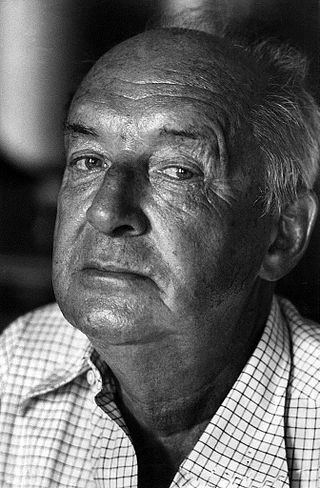
Vladimir Vladimirovich Nabokov, also known by the pen name Vladimir Sirin, was an expatriate Russian and Russian-American novelist, poet, translator, and entomologist. Born in Imperial Russia in 1899, Nabokov wrote his first nine novels in Russian (1926–1938) while living in Berlin, where he met his wife. He achieved international acclaim and prominence after moving to the United States, where he began writing in English. Nabokov became an American citizen in 1945 and lived mostly on the East Coast before returning to Europe in 1961, where he settled in Montreux, Switzerland.
Cecil Antonio Richardson was an English theatre and film director and producer whose career spanned five decades. In 1964, he won the Academy Award for Best Director for the film Tom Jones.
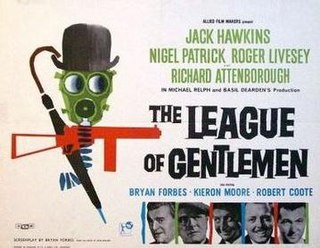
The League of Gentlemen is a 1960 British heist action comedy film directed by Basil Dearden and starring Jack Hawkins, Nigel Patrick, Roger Livesey and Richard Attenborough. It is based on the 1958 novel The League of Gentlemen by John Boland and adapted by Bryan Forbes, who also starred in the film.
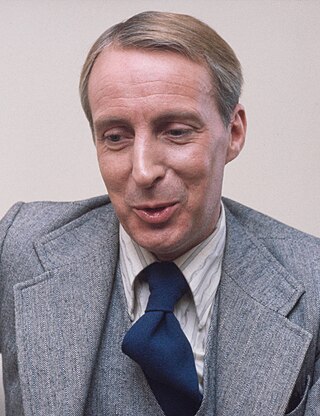
Ian William Richardson was a Scottish actor.

Private's Progress is a 1956 British comedy film directed by John Boulting and starring Ian Carmichael, Peter Jones, William Hartnell and Terry-Thomas. The script was by John Boulting and Frank Harvey based on the novel of the same name by Alan Hackney.

Basil Dignam was an English character actor.

Ernest Frederic Graham Thesiger, CBE was an English stage and film actor. He is noted for his performance as Doctor Septimus Pretorius in James Whale's film Bride of Frankenstein (1935).
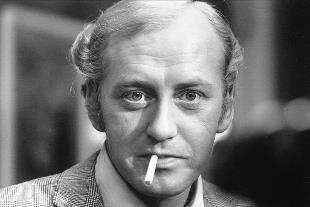
Thomas Nicol Williamson was a British actor. He was once described by playwright John Osborne as "the greatest actor since Marlon Brando". He was also described by Samuel Beckett as "touched by genius" and viewed by many critics as "the Hamlet of his generation" during the late 1960s.

Despair is the seventh novel by Vladimir Nabokov, originally published in Russian, serially in the politicized literary journal Sovremennye zapiski during 1934. It was then published as a book in 1936, and translated to English by the author in 1937. Most copies of the 1937 English edition were destroyed by German bombs during World War II; only a few copies remain. Nabokov published a second English translation in 1965; this is now the only English translation in print.

Made in U.S.A is a 1966 French crime comedy film written and directed by Jean-Luc Godard, and starring Anna Karina, László Szabó, Jean-Pierre Léaud, Marianne Faithfull, Yves Afonso, and Jean-Claude Bouillon. It was a loose and unauthorized adaptation of the 1965 novel The Jugger by Richard Stark, and was also inspired by the 1946 Howard Hawks film The Big Sleep.

Laughter in the Dark is a novel written by Vladimir Nabokov and serialised in Sovremennye zapiski in 1932.

Raymond Lovell was a Canadian actor who performed in British films. He mainly played supporting roles, often somewhat pompous characters.
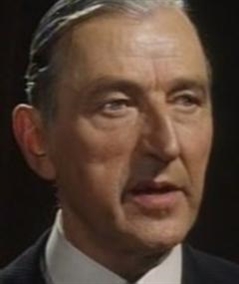
Cuthbert Mark Dignam was a prolific English actor.
This is a list of works by writer Vladimir Nabokov.

Third Finger, Left Hand is a 1940 American romantic comedy film directed by Robert Z. Leonard and starring Myrna Loy, Melvyn Douglas and Raymond Walburn. The screenplay concerns a woman who pretends to be married to fend off would-be suitors and jealous wives, then has to live with her deception when she meets an artist who pretends to be her husband.

Lolita is a 1955 novel written by Russian-American novelist Vladimir Nabokov that addresses the controversial subject of hebephilia. The protagonist is a French literature professor who moves to New England and writes under the pseudonym Humbert Humbert. He describes his obsession with a 12-year-old "nymphet", Dolores Haze, whom he kidnaps and sexually abuses after becoming her stepfather. Privately, he calls her "Lolita", the Spanish nickname for Dolores. The novel was originally written in English, but fear of censorship in the U.S. and Britain led to it being first published in Paris, France, in 1955 by Olympia Press.

80,000 Suspects is a 1963 black-and-white British drama film directed by Val Guest and starring Claire Bloom, Richard Johnson, Yolande Donlan, and Cyril Cusack. It is based on the 1957 novel Pillars of Midnight by Elleston Trevor. An outbreak of smallpox in Bath, England, leads to a race to contain the virus.

Jean Claude Drouot is a Belgian actor whose career has lasted over a half-century. At the age of twenty-five, he gained widespread fame in the French-speaking world as a result of portraying the title role in the popular television adventure series, Thierry la Fronde.

Batman: Under the Red Hood is a 2010 American animated superhero action thriller direct-to-video film produced by Warner Bros. Animation and released by Warner Home Video. It is the eighth film of the DC Universe Animated Original Movies. The writer, Judd Winick, also wrote the "Under the Hood" run in the monthly Batman comic the film is based on. The film was released on July 27, 2010, and received highly positive reviews from critics, who praised its plot, animation, and focus on storytelling. It is generally considered to be one of the best in the DC Universe Animated Original Movies line. The film was also a commercial success, grossing over $12 million in home video sales.
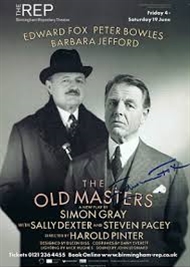
The Old Masters is a play by Simon Gray about the art critic Bernard Berenson and the art dealer Joseph Duveen. It is set over one evening in Berenson's Italian home, Villa I Tatti, near Florence, in 1937.


















